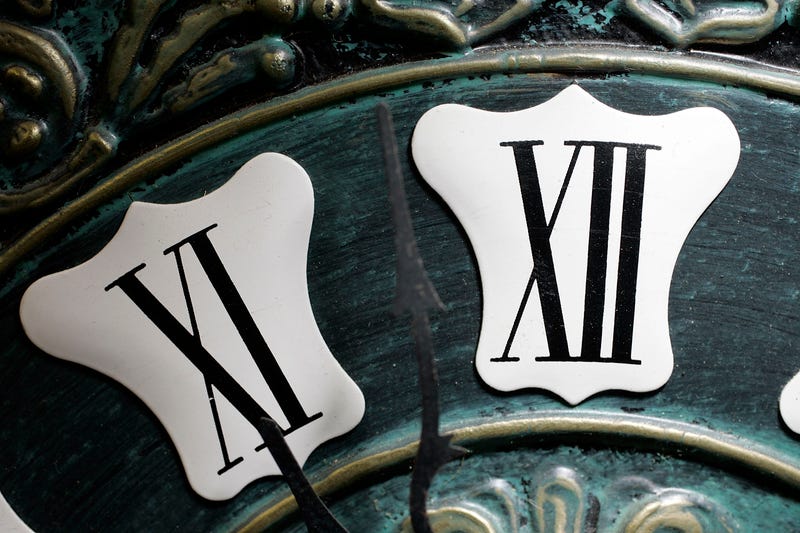
Buffalo, N.Y. (WBEN) - Sunday morning marks the end of daylight saving time, but could be the beginning of sleep issues and, for some, the start of a seasonal depression.
Dr. Amanda Hassinger from the University at Buffalo says for some, the time change, whether it's fall back or spring forward, can impact our circadian rhythm abruptly.
"We know that there's a lot of evidence that it can cause significant impact on day to day functioning for at least a week," said Hassinger in an interview with WBEN.
Some people who don't prepare for the time change risk an increase in having heart attacks, some depression, and some issues with functioning in school.
To make the change easier, Hassinger says, in this case, trying to go to bed 15 minutes later can slowly change when we fall asleep and wake up.
Hassinger says the clock falling back can also bring about Seasonal Affective Disorder (SAD) for some.
"Light exposure, especially light hitting the back of our eyes, sunshine, specifically, is extremely important signal to our brains that regulates our circadian rhythm. When we don't have an adequate amount of sunshine or the right time for sunshine to hit our our eyes, we have a lot of issues with regulating that circadian rhythm," Hassinger explained.
The circadian rhythm regulates other bodily functions, like when we want to eat, when we're alert, when we need to go to the bathroom.
"When we don't have an adequate anchor to the daytime schedule by sunlight, we have a lot of issues with functions in terms of melatonin production, as well as that healthy up and down of our circadian pattern," Hassinger said.
Hassinger says that can create issues like wanting to eat high calorie, high fat food, and feeling lethargic and not wanting to be active.
"In places like Buffalo, where we have months without enough sunshine, it can definitely lead to dysthymia or a slight depression. So seasonal affective disorder is a very real problem that happens directly related to sunshine exposure, especially in places like Buffalo, New York. And it has to be something that we talk about and that we recognize," Hassinger noted.
There are ways to treat SAD every year.
"You can actually buy happy lights or light boxes that replace the sunshine that we're not getting in Buffalo from October through, what feels like, May some years," Hassinger said.
She also recommends making a concerted effort to really keep your schedule consistent.
"Try to go to bed and wake up at the same time on weekends and weekdays to get the recommended 7-to-8 hours of sleep for adults, and anywhere between eight and 14 hours of sleep per-day for children. Then you really do have to be active, just getting outside, walking around, using a standing desk," Hassinger added.
Daylight saving time, where we spring forward, returns March 9.
